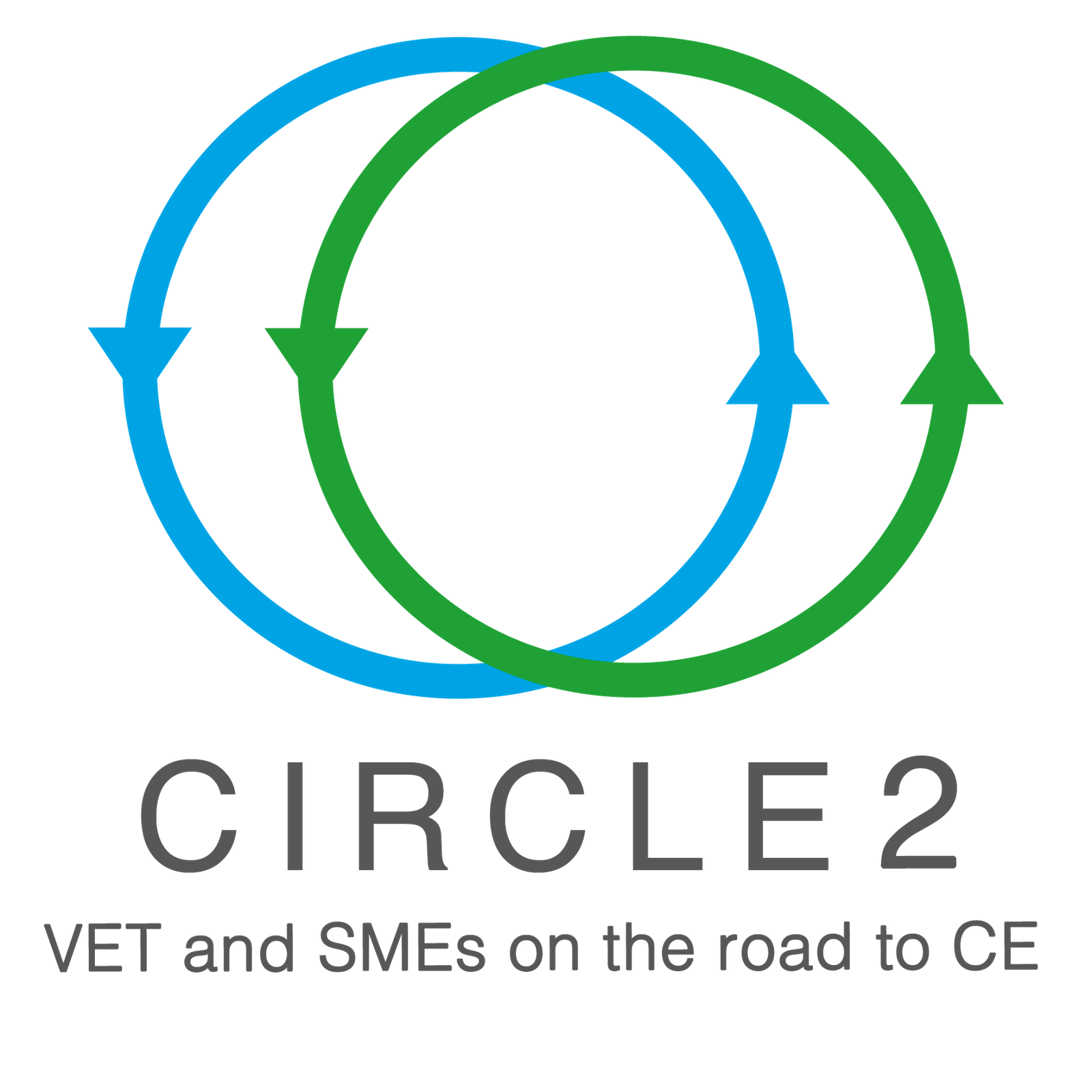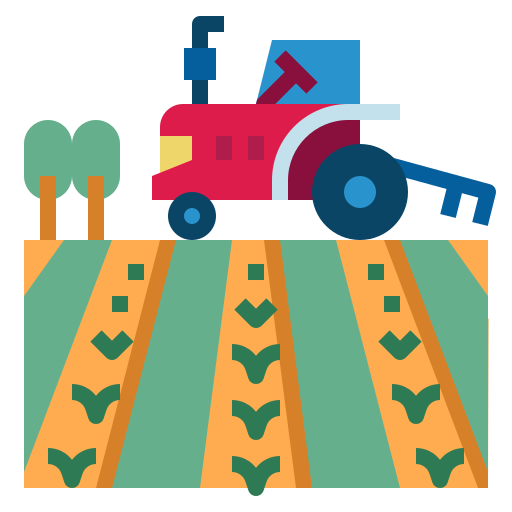Circular Economy and Agriculture Course Units
The agriculture sector employs a wide range of people with differing skills
The agriculture sector in Europe and the concept of the circular economy are closely intertwined as efforts are being made to promote sustainable practices, reduce waste, and maximize resource efficiency.
The circular economy modules provide an opportunity for Students and vocational educators to put sustainability and the circular economy at the heart of what they do. Every sector can define new ways of operating that involves less waste, reduces carbon impact and is more energy efficient.
Resource Pack 1
Access files and tools relevant to your circular economy journey. This pack can be used by students individually.
Resource Pack 2
Access files and tools relevant to your circular economy journey. With this pack students, trainers and business can work together.
Agriculture Interviews
The collection of interviews undertaken for agriculture
Interviews format
1. Agriculture and CE
Agriculture and the circular economy are interconnected concepts that hold immense potential for sustainable and resource-efficient agricultural practices. This section covers circular economy in the context of agriculture, seeks to optimize the use of natural resources, reduce environmental impacts, and enhance overall agricultural productivity.
2. Agriculture and Farm Inputs
The circular economy in agriculture and farm inputs represents a transformative approach that aims to make agricultural practices more sustainable, resource-efficient, and environmentally friendly. The section focuses on sustainable sourcing, precision agriculture and so much more. Embracing the circular approach is essential for creating a resilient, sustainable, and regenerative agricultural system that meets the needs of the present without compromising the ability of future generations to meet their own needs.
3. Food Waste Avoidance - Production Stage
Food waste avoidance in the production stage is a critical aspect of addressing the global challenge of food waste. It refers to the proactive measures taken by producers, farmers, and agricultural industries to minimize food loss and waste during the various stages of food production. This section covers strategies to implement to prevemt food waste in the production stage
4. Non Natural Waste In Agriculture
This section covers non-natural food waste in agriculture. This type of food waste occurs throughout the production, handling, and distribution stages of agriculture and can have significant social, economic, and environmental implications. By minimizing food waste in agriculture, we can ensure better resource utilization, enhance food security, and reduce the environmental impact associated with food production and disposal.
5. Adding Value From Organic Waste
Adding value from organic waste is a sustainable and innovative approach that turns waste into a valuable resource. Organic waste, such as food scraps, agricultural residues, and green waste, can be transformed through various processes to create useful products, generate energy, and contribute to a circular economy.
6. Carbon and the Agricultural Sector
Carbon and the agricultural sector have a complex and interconnected relationship. Agriculture plays a significant role in both contributing to and mitigating carbon emissions, making it a crucial player in the fight against climate change. By embracing climate-smart agriculture and adopting carbon-friendly practices, the sector can contribute significantly to global efforts to combat climate change while ensuring food security and sustainable development.






